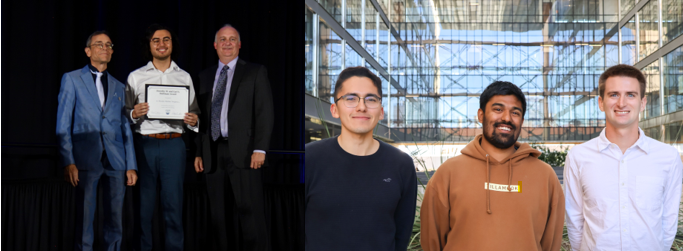Home of UT
Materials Science and
Engineering
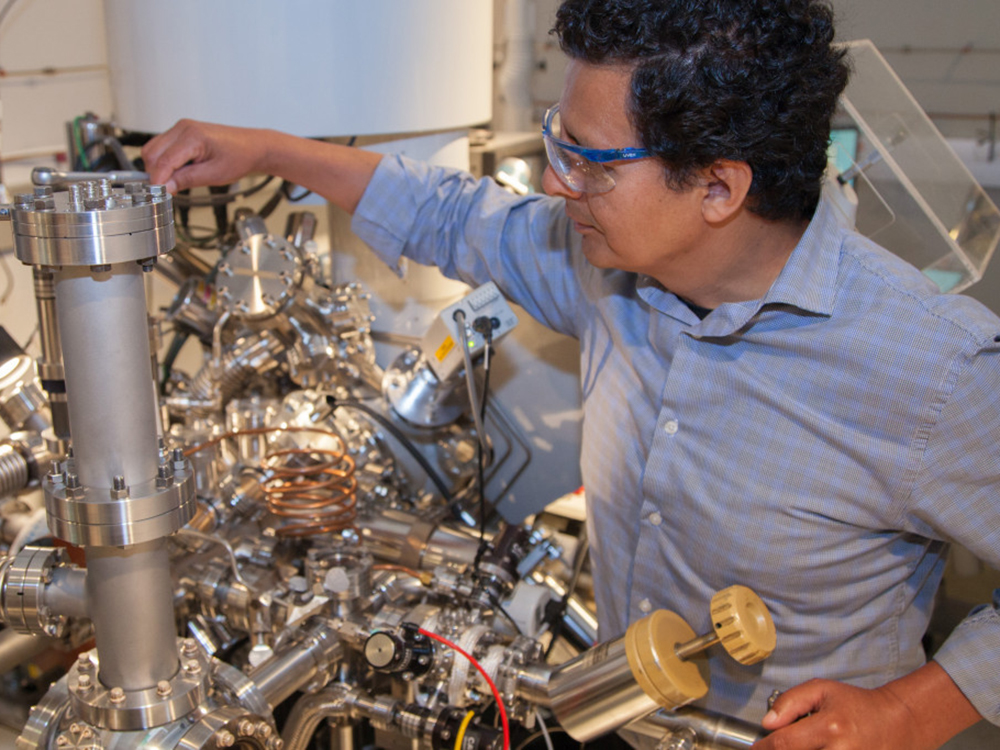
Core Faculty
TMI's core faculty lead cutting-edge research by running their grants through the institute, fostering collaboration and resource sharing.
Learn More
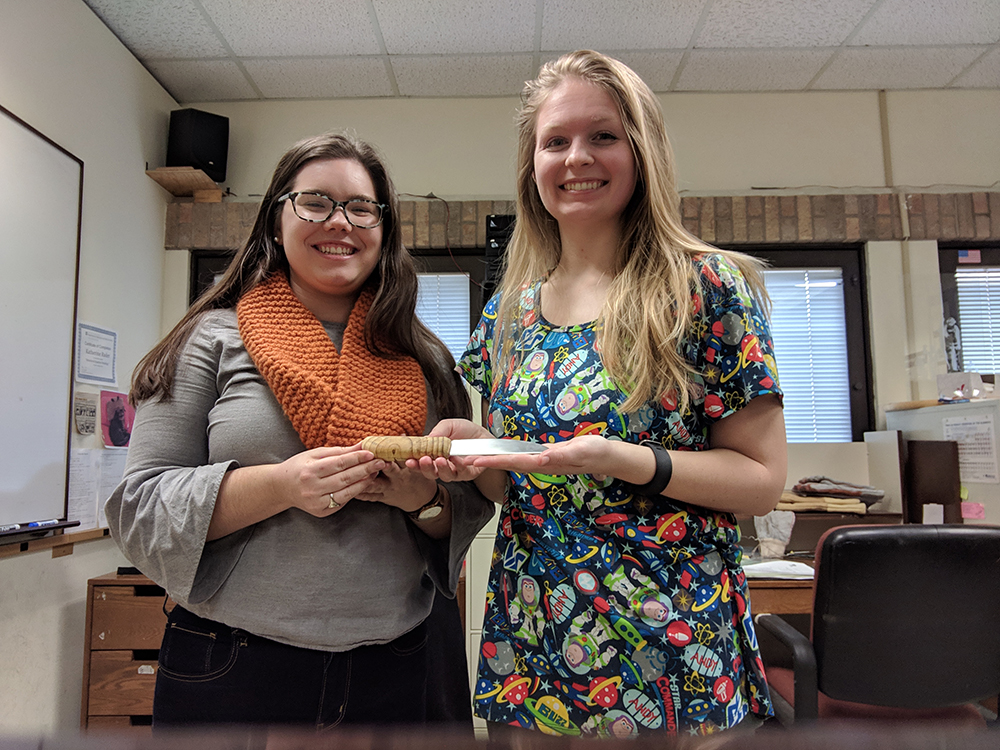
Graduate Program
Our Materials Science and Engineering program is one of the best in the nation, and our graduates go on to be leaders in their fields.
Learn More
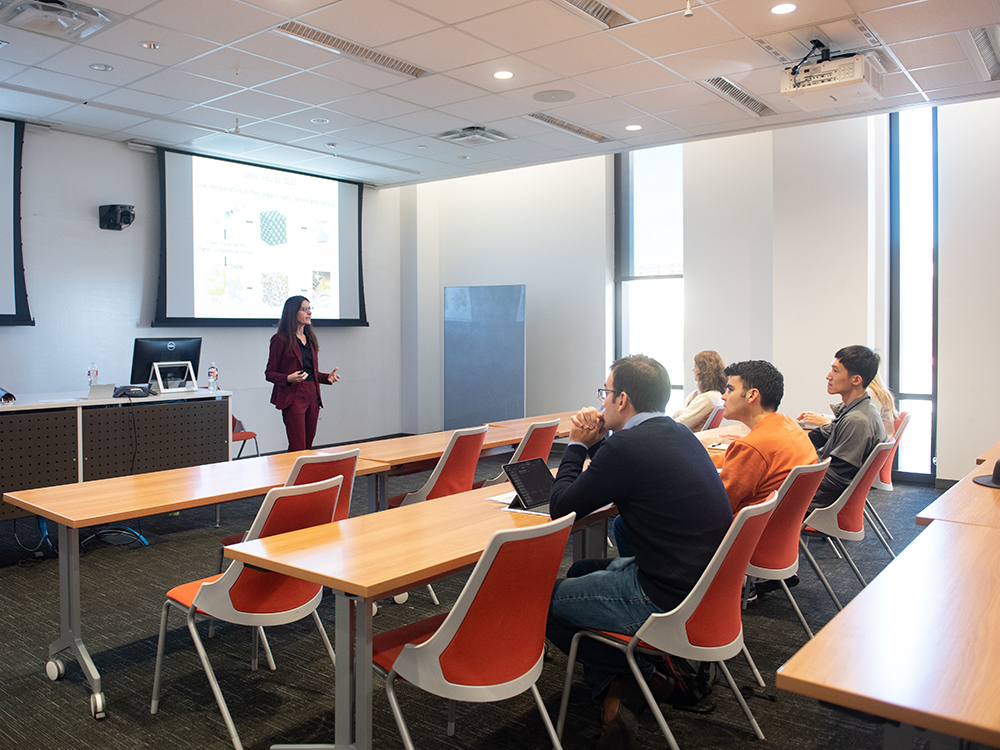
Research
TMI supports interdisciplinary research at UT Austin, with over 100 faculty focusing on clean energy, nanotechnology, and advanced materials using our state-of-the-art facilities.
Learn More
Home

Subak Sensing: Silver Nanocluster Reporters Transform Genetic Testing
Forster resonance energy transfer (FRET) reporters are often used in tests to show if specific genetic material is present. In these tests, certain enzymes called nucleases cut the FRET reporters, causing them to emit light. However, making these FRET reporters involves using a dye/quencher pair and purifying them, which makes the FRET reporters expensive.

Unlocking Collective Motion: Mimicking Nature with Active Particle Systems
In nature, we often see remarkable patterns of movement in groups of animals like fish or birds. These movements are complex and dynamic, involving various behaviors and changes over time. Scientists at UT Austin have been trying to recreate similar behaviors in artificial systems using tiny particles that move on their own.

Addressing Dendrite Issue in Solid-State Electrolytes
All-solid-state batteries (ASSBs) are widely considered as the "Beyond Li Ion" technology, being potentially much safer and with much higher energy than commercial LIBs. ASSBs employ high voltage cathodes such as LiNi0.8Mn0.1Co0.1O2 (NMC811) and LiNi0.5Mn1.5O4 and a non-flammable inorganic separator termed solid-state electrolyte (SSE). For most ASSB architectures, a relatively thick metallurgically-rolled lithium foil is employed as the battery anode. However, limiting the amount of lithium is essential to achieving ASSBs with the targeted energy.

Deji Akinwande receives Office of Naval Research Funding
Electrical and computer engineering Professor Deji Akinwande, receives Office of Naval Research (ONR) funding for research focused on making computer systems that are energy-efficient and brain-like, specifically by studying a tiny component called an "atomristor."
Page 15 of 27
Texas Materials Seminar Series
The Texas Materials Seminar Series features MSE 397 Seminars, TMI Distinguished Lectureships, and TMI Special Seminars, where leading faculty and professionals from around the world share cutting-edge innovations and advancements in materials engineering with our students.
Learn More
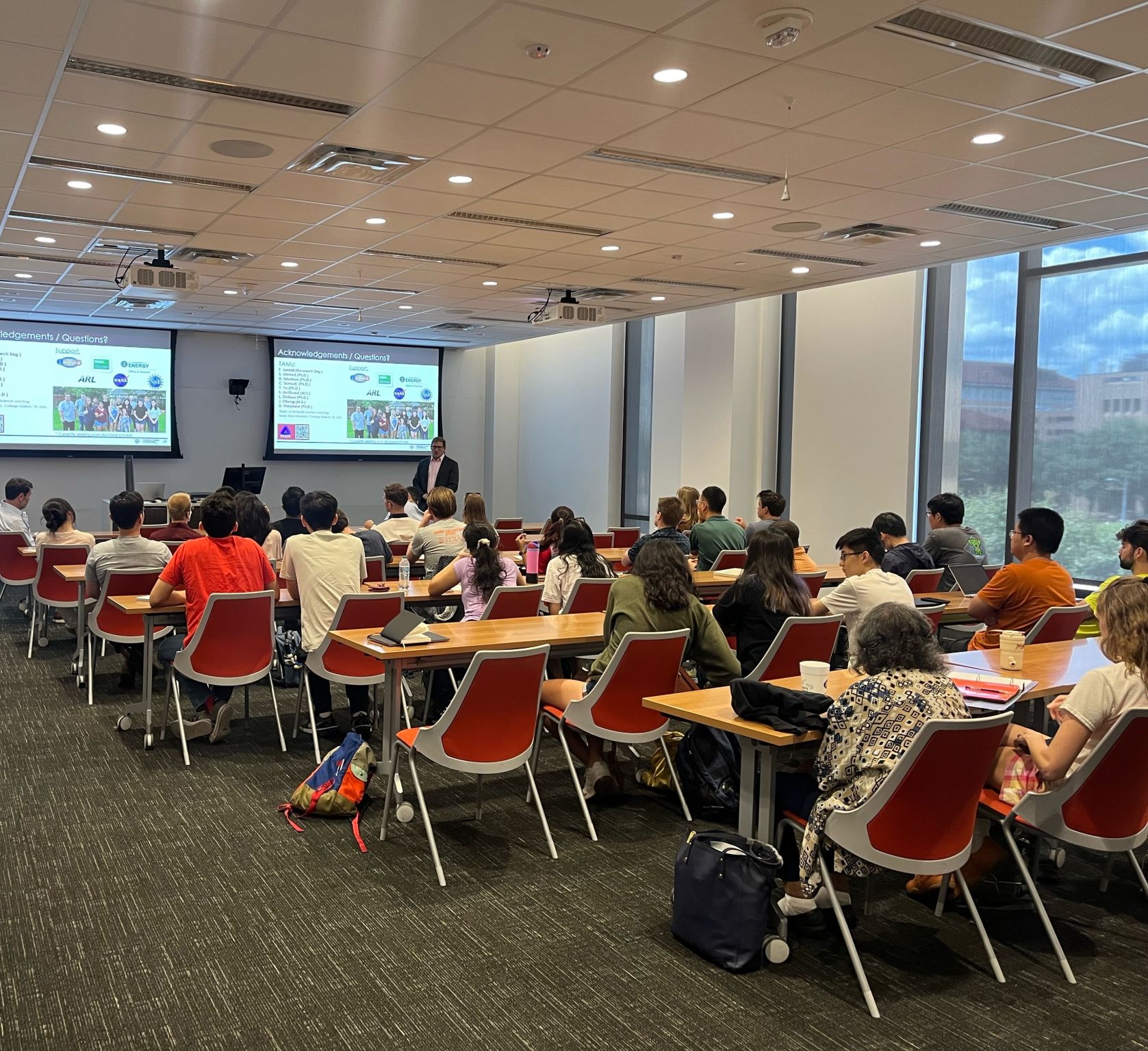
News
Dr. Jin Yang Awarded the Pilot Seed Grant from the Semiconductor Research Corporation (SRC)
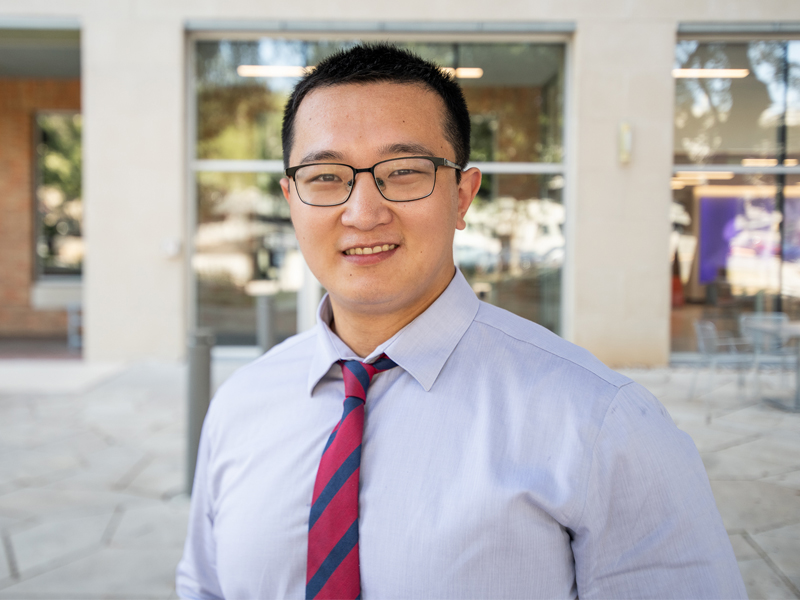
Dr. Jin Yang, an Assistant Professor, has recently been awarded a prestigious $25,000 pilot seed grant from the Semiconductor Research Corporation (SRC) to support cutting-edge research in semiconductor packaging.
Clarivate Highly Cited Researchers 2024

Congratulations to the 11 faculty affiliated with the Texas Materials Institute that were acknowledge by Clarivate as Highly Cited Researchers for 2024.
Alex Demkov Presents on Quantum Materials at Rice University

Alexander Demkov delivered a lecture titled "Ferroelectrics for Emergent Silicon-Integrated Optical Computing."
AI Faculty Cluster Hire (APPLY HERE)

The Cockrell School of Engineering and College of Natural Sciences at UT Austin are hiring four tenure-track Assistant Professors in the "AI for Materials" cluster initiative, starting Fall 2025.
$12M+
In Grant Funding
20+
Research Patents
10K+

